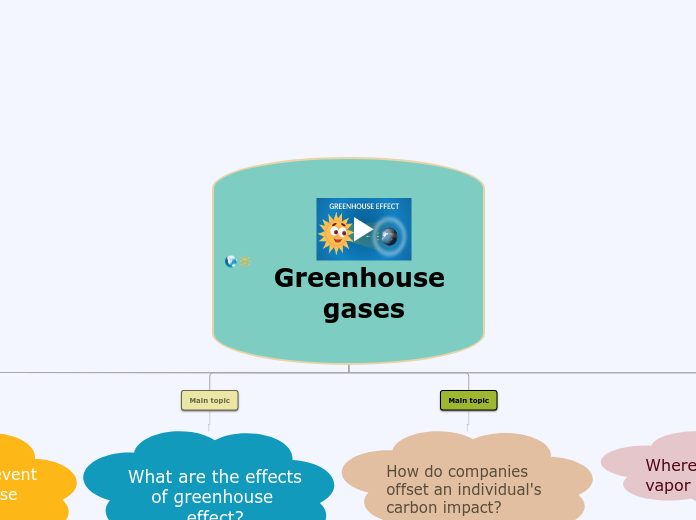Hepatitis
Finish Hepatitis B & C!
D
Education for those w/ chronic HBV
HBV-HDV Superinfection
Pre/Post-exposure prophylaxis
HBV-HDV Coinfection
HBV vaccine
Permucosal
Sexual contact
Percutaneous
IV drug users
Nothing about lab tests, but here's what was in the diagram:
IgM anti-HDVanti-HBsSuperinfection
Infected one after another
High risk severe CLD
CLD = Chronic liver disease
Usu. develop chronic HDV infection
Coinfection
Infected at same time
Low risk of chronic
Severe acute
Worsens HBV symptoms
Leads to..
Cirrhosis
Antigens
delta Ag
Replication
Forms ribozyme intermediate
Requires HBV
Defective
Deltavirus
Circular (-)ssRNA
Unassigned
E
Ig Preps ineffective
Avoid uncooked
veggies
fruits
shellfish
Avoid questionable water sources
Low in U.S.: Usually includes history of travel to HEV-endemic areas
Mexico
India
Africa
2-8 weeks
Short similar to HAV
P2P minimal
Exposure to fecally contaminated water
IgG anti-HEV
IgM anti-HEV
High mortality pregnant women
15-25% for pregnant women
1-3% overall
similar to HAV
Enteric
C
Ribavirin + interferon alpha for 24 weeks
Low risk of death
Pareneteral
20% cirrhosis
80% chronic
Aplasic anemia
Porphyria cutanea tarda
Cryoglobulinemia
Mild
Characteristics
Patchy lobar steatosis
Cholestasis
Total or partial suppression of the flow of bile.
Kupffer cell hyperplasia
Hepadna
B
No specifics
Place
US
1.2 mil
75-90%
Mid East
Pacific Islands
Asia
Time
6 wk - 6 mo
Person
Vertical transmission
What percentage of infants born to infected mothers will be infected?
80%
Mortality Rate
0.8% in acute illness
Carriers
How many?
300 million
Refer to lecture notes and syllabus and study the "window"
HBV viral DNA
Chronic disease activity
HBeAg
Highly infectious
HBV e antigen (DNA polymerase): indicates that infection is active (virus is replicating)
Anti-HBc IgM
Recent Infection
Think Immunology (IgM)
Anti-HBc
Anti-HBs
Immunity
HBsAg
Carrier
Infected
Hepatocellular carcinoma
Chronic hepatitis
> 5 y.o.
5%
< 5 y.o.
Rate?
60%
Picorna
A
Treatment
Prevention
Vaccine
Recommendations
Who should get the vaccine?
Travelers to high HAV countries
Children in high HAV areas
w/ Chronic liver disease
Drug users
Homosexual / Bisexual men
Lifelong immunity
No carrier state
Mortality rate
0.1%
Very low
Short
2-3 wks
Fecal-oral
Diagnosis
Anti-HAV IgM
Recently vaccinated
Anti-HAV (total)
Vaccinated
Exposed
Clinical
No chronic cases
F
Misnomer
See HBV
Flavi
G
Epidemiology
Prevalence
25% for high risk groups
3-10%
Incubation period
Long
1-4 mo.
Transmission
Parenteral
esp. Tattoos









